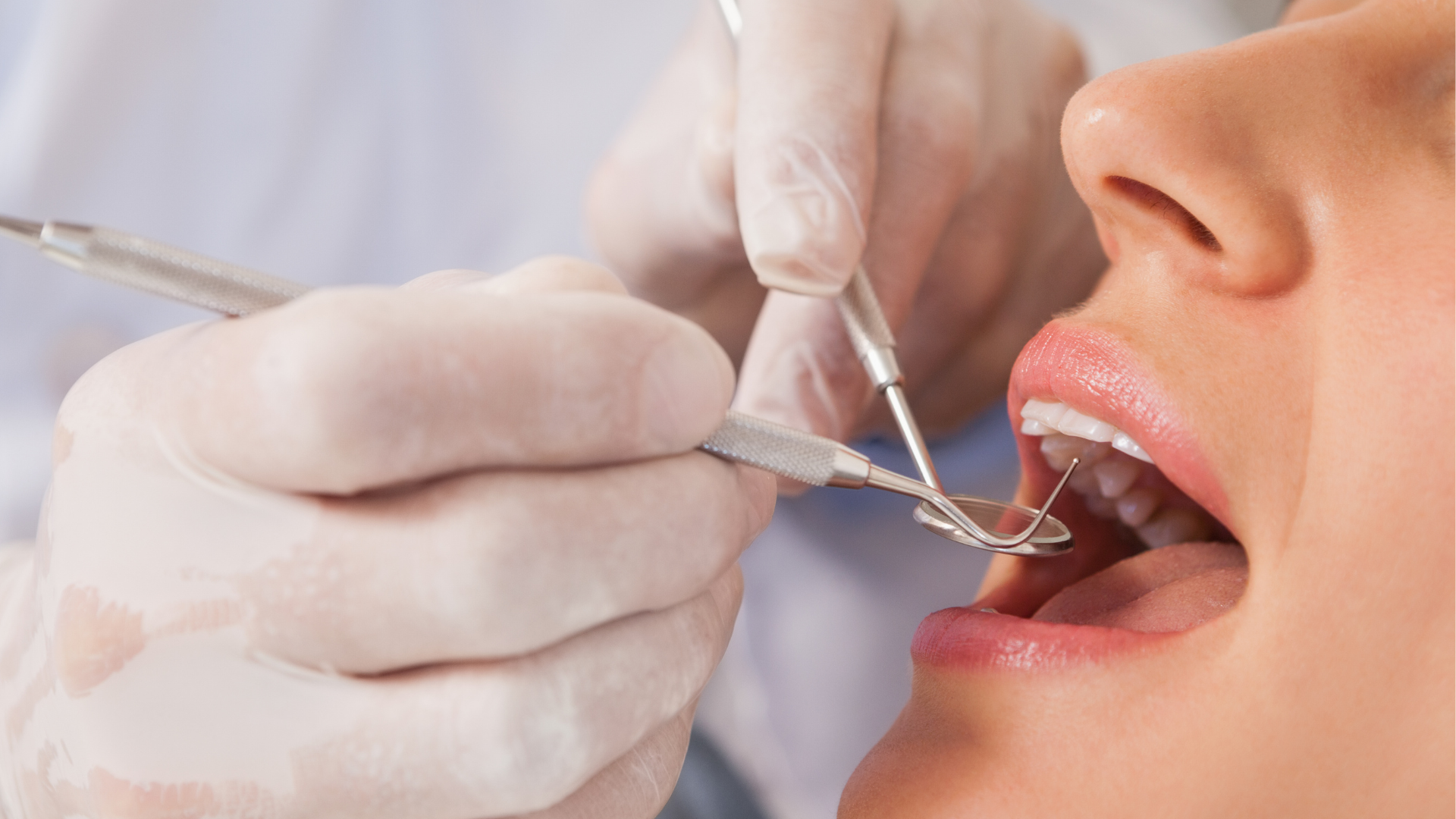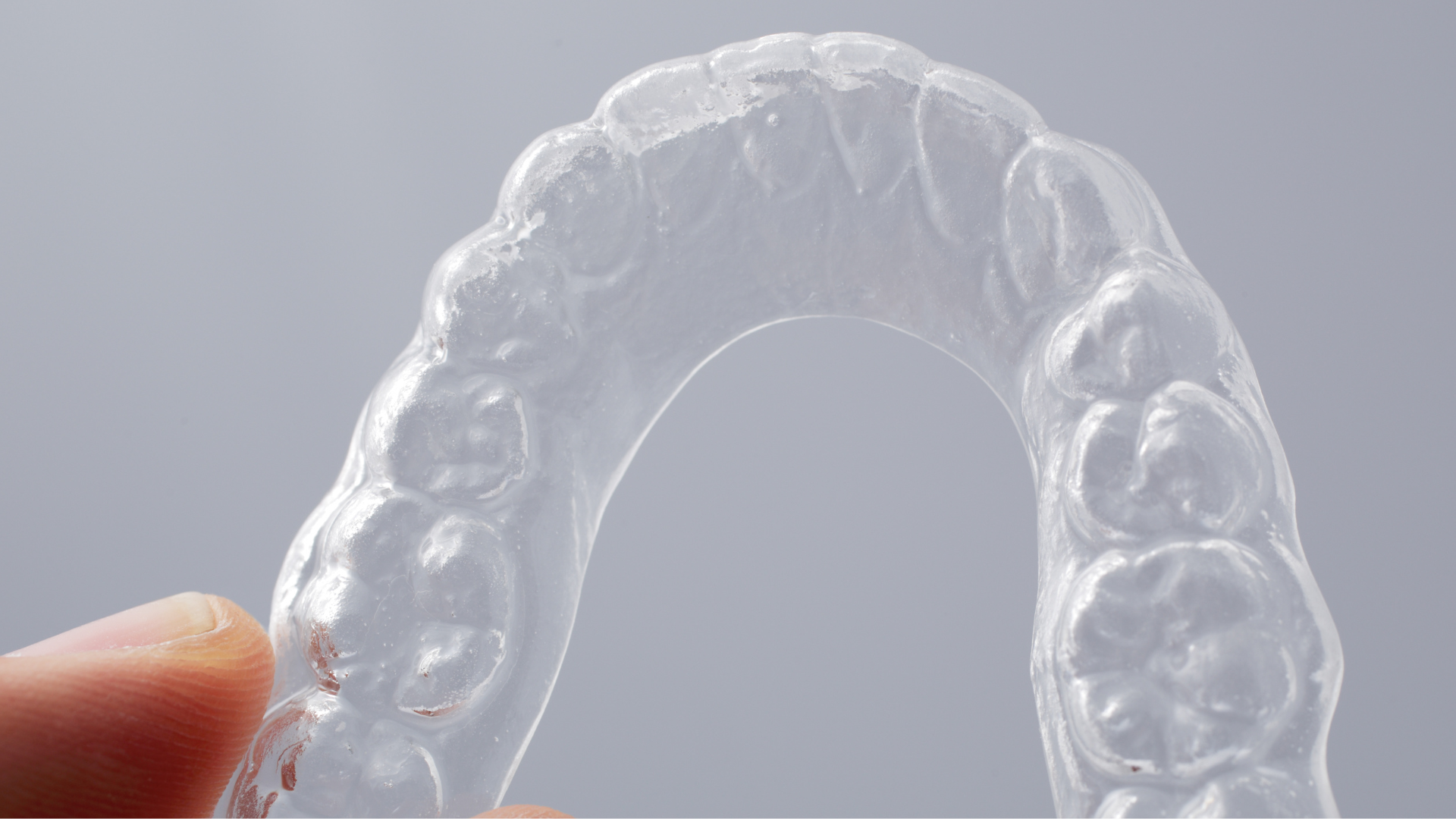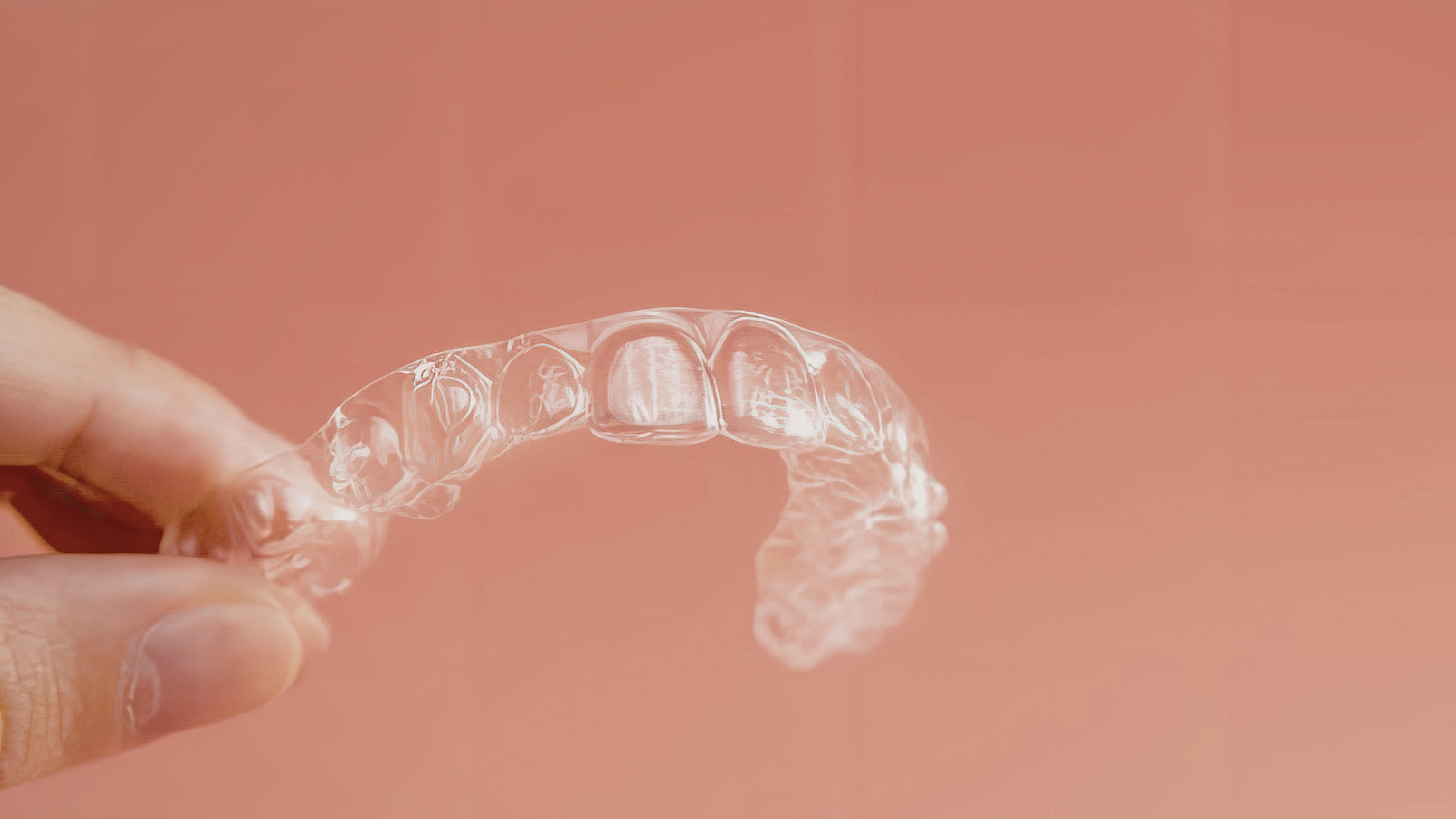How to Prevent Dental Emergencies: Expert Tips
Dental emergencies can strike unexpectedly, causing pain, stress, and unplanned expenses. While some incidents are unavoidable, many dental emergencies can be prevented with proactive care and informed habits. This comprehensive guide offers expert tips to help you maintain optimal oral health and minimize the risk of urgent dental issues.
Understanding Dental Emergencies
Dental emergencies encompass a range of situations, including severe toothaches, chipped or broken teeth, knocked-out teeth, and infections. These issues often arise from neglect, trauma, or underlying health conditions. Recognizing potential risks and adopting preventive measures can significantly reduce the likelihood of such emergencies.
1. Maintain Excellent Oral Hygiene
Consistent oral hygiene is the cornerstone of dental health. Brushing twice daily with fluoride toothpaste and flossing once a day removes plaque and food particles, preventing decay and gum disease. Incorporating an antimicrobial mouthwash can further reduce harmful bacteria. Regular oral care not only keeps your teeth clean but also fortifies them against potential emergencies.
2. Schedule Regular Dental Check-Ups
Routine dental visits, typically every six months, allow professionals to detect and address issues before they escalate. Dentists can identify early signs of cavities, gum disease, or structural problems, providing timely interventions that prevent emergencies. Professional cleanings also remove tartar buildup that regular brushing can't eliminate.
3. Use Teeth Appropriately
Teeth are designed for chewing food, not for opening packages or biting hard objects. Using teeth as tools can lead to chips, cracks, or fractures. Always use appropriate instruments for tasks and avoid habits like chewing ice or biting pens, which can compromise tooth integrity.
4. Protect Your Teeth During Physical Activities
Engaging in contact sports or activities with a risk of facial injury necessitates protective gear. Wearing a custom-fitted mouthguard can shield your teeth from trauma, reducing the risk of fractures or dislodgement. This simple precaution can prevent significant dental emergencies.
5. Be Mindful of Your Diet
Consuming excessive sugary or acidic foods and beverages can erode enamel and lead to cavities. Limiting intake of such items and opting for a balanced diet rich in fruits, vegetables, and dairy products strengthens teeth and gums. Staying hydrated also promotes saliva production, which naturally cleanses the mouth.
6. Address Dental Issues Promptly
Ignoring minor dental discomfort can lead to severe complications. If you experience tooth sensitivity, pain, or swelling, seek dental care immediately. Early intervention can prevent conditions like abscesses or tooth loss, averting potential emergencies.
7. Manage Stress to Prevent Teeth Grinding
Chronic stress can lead to bruxism, or teeth grinding, especially during sleep. This habit can wear down teeth, cause jaw pain, and lead to fractures. Implementing stress-reduction techniques like meditation, exercise, or therapy can mitigate this risk. In some cases, a nightguard may be recommended.
8. Replace Your Toothbrush Regularly
A worn-out toothbrush is less effective at cleaning teeth and may harbor bacteria. Replace your toothbrush every three to four months, or sooner if bristles are frayed. Using a fresh toothbrush ensures optimal plaque removal and oral hygiene.
9. Educate Yourself on Emergency Responses
Understanding how to respond to dental emergencies can make a significant difference. For instance, if a tooth is knocked out, keeping it moist and seeking immediate dental care increases the chances of successful reimplantation. Familiarize yourself with basic first-aid measures for common dental emergencies.
10. Stay Informed and Proactive
Knowledge is a powerful tool in preventing dental emergencies. Stay updated on best practices for oral health, and don't hesitate to consult your dentist with questions or concerns. Proactive communication and education empower you to make informed decisions about your dental care.
Conclusion
Preventing dental emergencies involves a combination of good habits, regular professional care, and informed responses to potential issues. By implementing these expert tips, you can safeguard your oral health and reduce the likelihood of unexpected dental problems.
If you have questions or need personalized advice on maintaining your dental health, don't hesitate to reach out to our dental team. We're here to help you achieve and maintain a healthy, confident smile.





